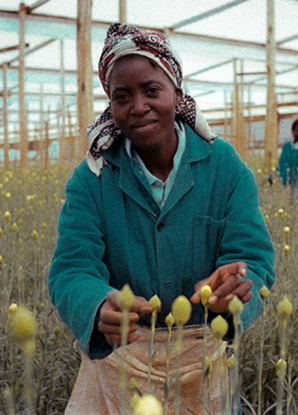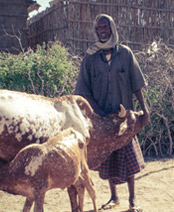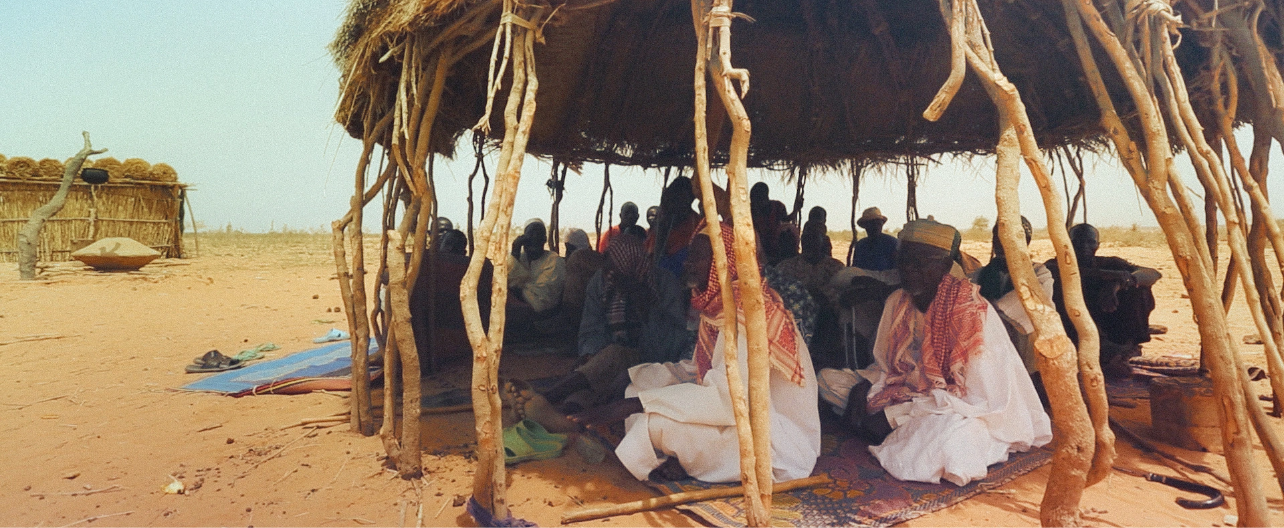

VIEW YOUR CART
Challenges
Unemployment and underemployment lies at the core of poverty and today, more than 736 million people live below the international poverty line.
Poverty manifestations include hunger and malnutrition, limited access to education and basic services, social discrimination and exclusion, as well as the lack of participation in decision-making and in the global economic processes.
The Covid-19 pandemic exacerbated what already was a catastrophic economic outlook for millions and affected 81% of employers pushing millions of workers into unemployment, underemployment and working poverty.
While vulnerable populations have long been passive recipients of aid, further exacerbating their economic uncertainty,Qatar Charity envisions empowered communities with a self-sustained productive capacity and a sustainable earning power.
Qatar Charity's approach
to the global poverty challenges




Our objectives
• Reducing poverty through access to sustainable income means.
• Reducing inequalities in employment opportunities.
• Improving the level of livelihood of those affected by poverty.
• Providing access to basic.
Areas of Intervention
• Agricultural production projects.
• Livestock production projects.
• Financial grants.
• Home-based employment opportunities for women.
• Providing means of production ( tractors, machines, equipment, water access...).
• Revolving loans.
• Small-scale income generating projects.
• Sewing and embroidery projects.
• Training and capacity building.
Empowering Communities in Tanzania

In 2025, Qatar Charity launched a wide-ranging package of economic empowerment and food security projects across several regions of Tanzania, directly improving the lives of more than 8,500 vulnerable individuals. Designed to reduce poverty and strengthen resilience, the initiatives provided families with vocational training, production equipment, and income-generating tools to help them start small businesses and secure sustainable sources of income.
Beneficiaries included women-headed households, youth, and other marginalized groups who face limited access to employment opportunities.
Beyond direct financial support, the projects offered skills development workshops in areas such as agriculture, tailoring, food processing, and small-scale trade. This practical training enabled participants to turn resources into viable enterprises, boosting household earnings while also creating services and products that benefit the wider community.
By coupling immediate assistance with long-term livelihood development, Qatar Charity’s efforts have not only improved daily living conditions but also strengthened local economies. Families are now better equipped to withstand economic shocks, reduce reliance on aid, and invest in their children’s education and future, marking an important step toward self-reliance and sustainable growth in Tanzania.